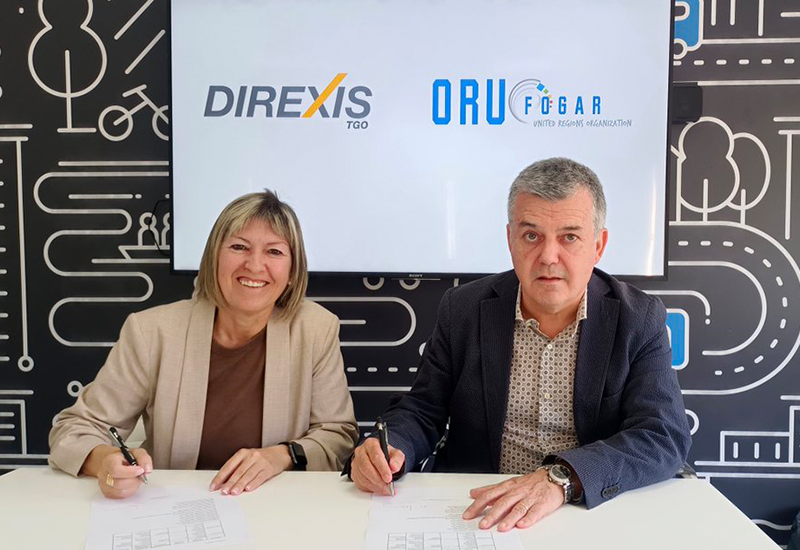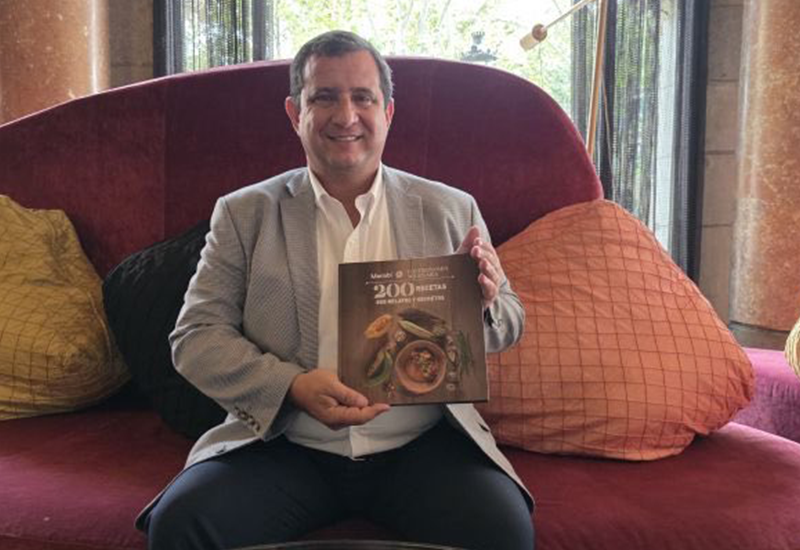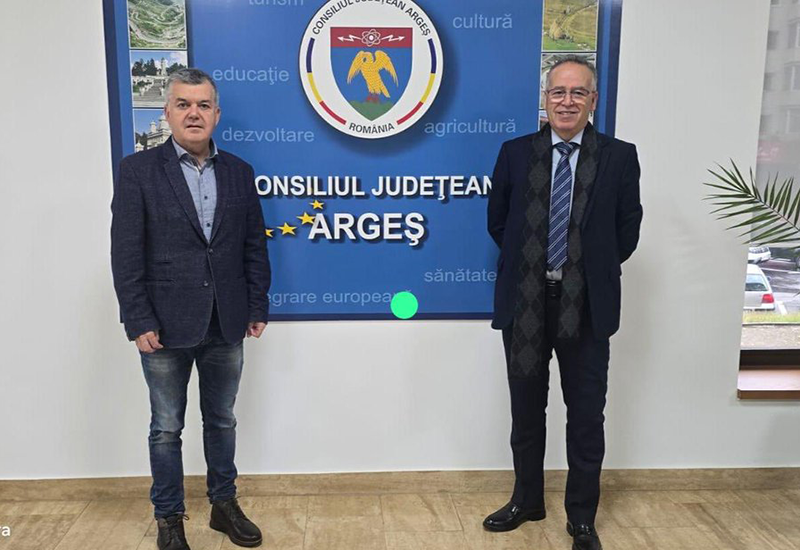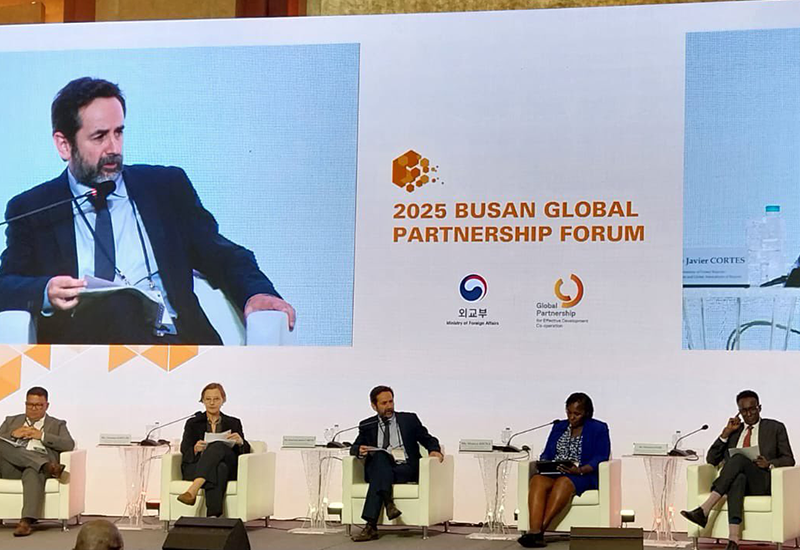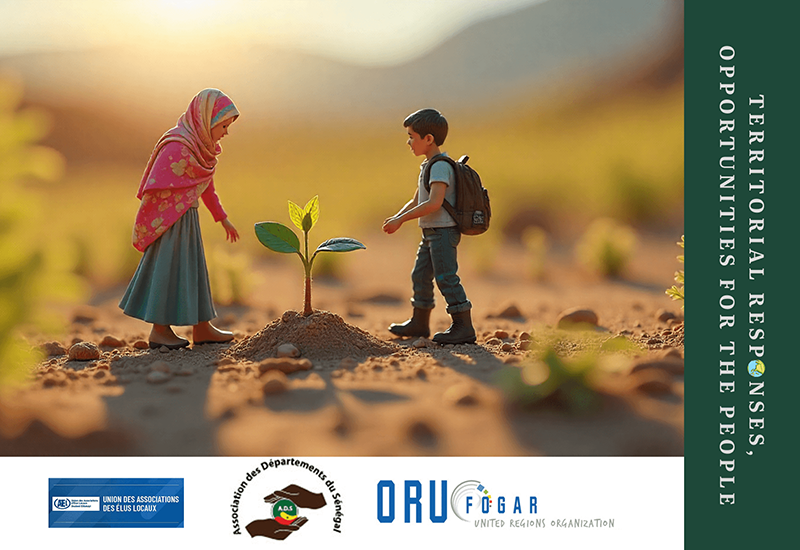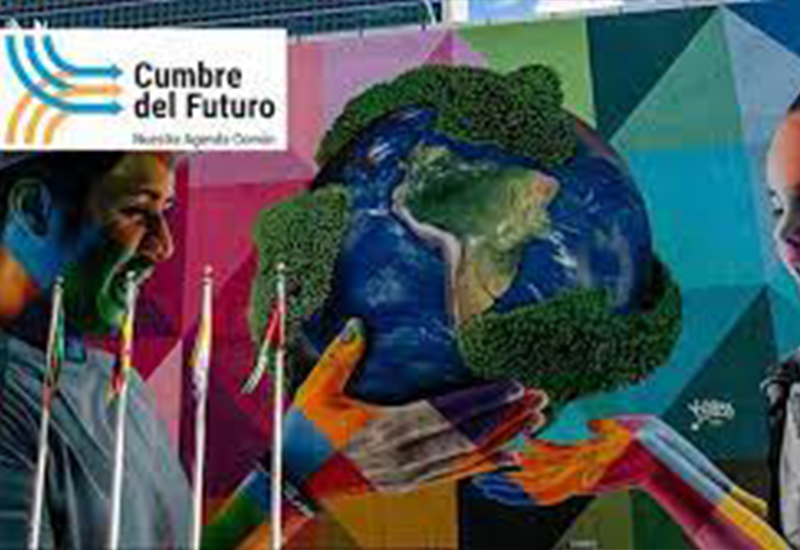
Marta Macías,
Director General for Development Cooperation, Government of Catalonia
The Sustainable Development Goals (SDG) and the Post-2015 Development Agenda represent a new space offering major opportunities for local and subnational cooperation. Particularly since its more traditional and consolidated assets –participation, horizontality, territorial strategies, political dialogue, among others– adjust easily to the vision of development promoted by the SDG: a more widely shared agenda between north and south, focusing not on “help” and resource redeployment but on the provision of global public goods.
Catalonia, as head of ORU-Fogar’s Post-2015 Work Group, is committed to territorial development and local democracy as the pillars for ensuring the participation of rights holders, that is, all those to whom policies and actions are addressed. They should be recognised as active participants, even in decision-making. At the same time, this empowerment process comes with a vision of authorities–governments and donor agencies, but also businesses, media and non-governmental development organisations (NGDO) – with an overall greater emphasis on their status of duty and responsibility holders.
In particular, Catalonia defends that citizenship empowerment is as important as or even more important than institutional strengthening. Also, it is crucial to build the analysis and the approaching tools that will guide our cooperation on a gender approach, perceiving the subject of cooperation not as the support to sectorial targets of an administration, but as the work carried out to ensure the citizens’ rights. That is, through the promotion and empowerment of women and their associations.
Beyond the contributions to the Post-2015 Agenda, how can the regional governments provide evidence in relation to SDG? ORU’s Post-2015 Work Group identifies four areas offering great potential for the deployment of policies and actions aligned with the SDG.
The first one concerns the adoption of the language and the priorities of the global framework at a territorial level, that is, to include the SGD in the scheduling, to take stock of the projects and actions according to these goals, to be active and proactive in the transfer of the global agenda to our proximity governments.
Secondly, to bring the results down to the local level, making a territory-based interpretation of the current indicator proposal drafted by the United Nations Statistical Commission. Catalonia, as representative of ORU-FOGAR, takes part in initiatives that promote this action line in spaces like United Cities and Local Governments (UCLG)) and ORU-FOGAR, with the Global Taskforce of local and subnational governments for the post-2015 agenda being their natural space for projection and exchange of experiences.
Thirdly, chapter 17 of the SDG on the “Means of implementation" offers the possibility of elaborating an indicator to measure the relationship between the development results (SDG) and the governance of the territorial development. In this case, governance understood as intergovernmental and public-private relations.
Fourthly and lastly, to put research to work and reinforce the analytical and scientific dimension of our reflections. The accreditation of results requires to put aside the rhetoric and the declarations and move forward towards a solid a robust knowledge generation.
To sum up, Catalonia is committed to a local development promoting the participation of rights holders in the development policies and that will allow us to address the structural causes of inequalities.

